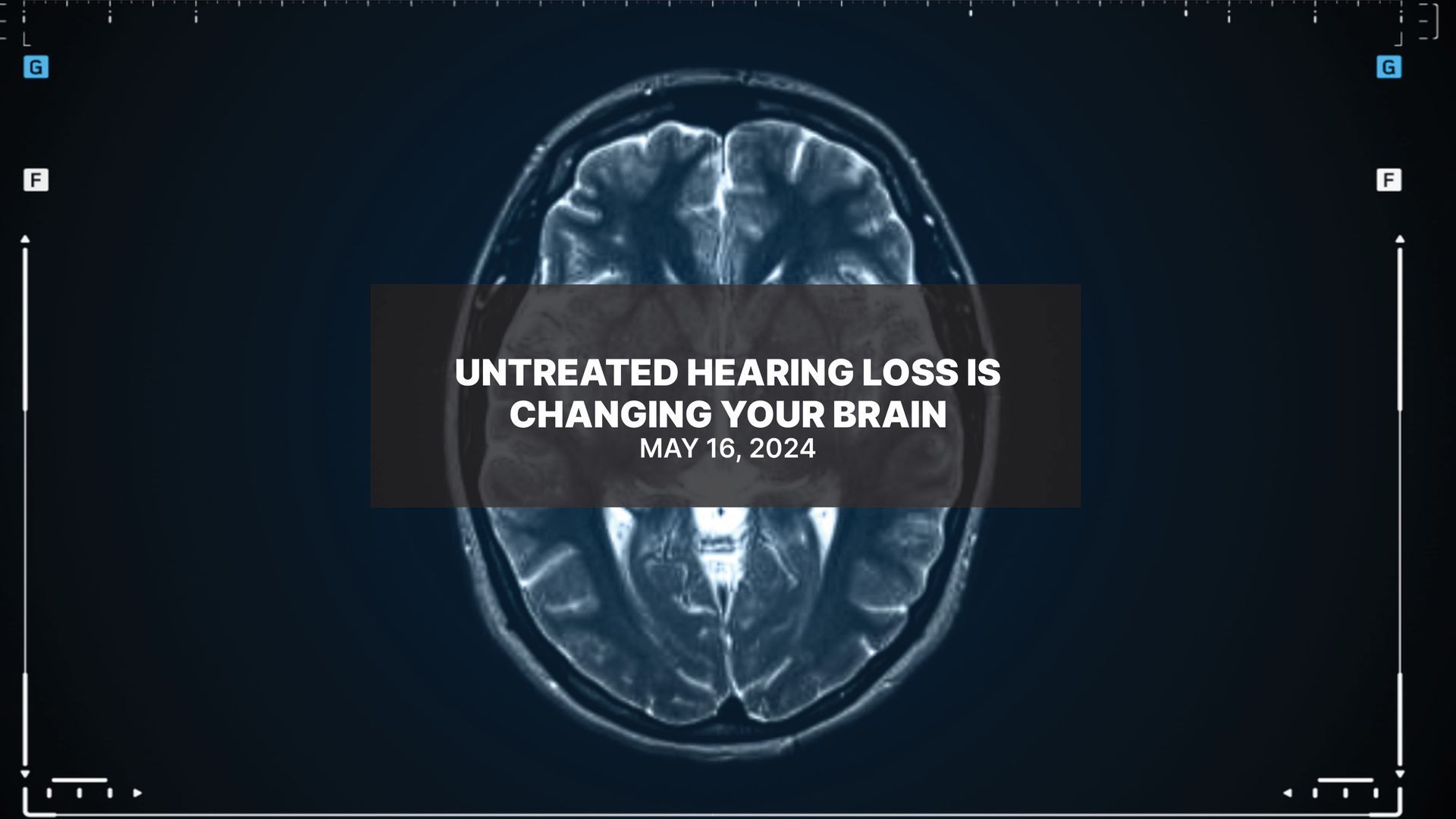
Many people recognize the link between hearing loss and exposure to loud sounds. Noises we experience in daily life like booming music, the drone of a lawnmower or leaf blower, traffic, even your hair dryer can damage the delicate, microscopic hair-like cells located inside the cochlea of your inner ear. These hair cells are responsible for converting sounds entering your ear into electrical signals that are relayed to and interpreted by your brain.
But did you know that more than 200 common medications on the market today also can cause damage to your inner ear that can result in hearing loss, tinnitus, and balance issues? These drugs are considered ototoxic (oto means ear and toxic means poisonous). Many are over-the-counter medications you know and use, such as common pain relievers and anti-inflammatories. Others are drugs used to treat serious illnesses like heart disease, infections, parasites, and cancer.
Temporary or permanent ear issues?
Look inside your medicine cabinet. If you see aspirin, acetaminophen, and ibuprofen, those are on the ototoxic list, but usually only cause temporary hearing issues while you are taking them. The same is true with quinine used to treat malaria and loop diuretics taken by those with heart and kidney conditions.
Ototoxic medications known to cause permanent damage include certain drugs in the aminoglycoside class that are used to treat serious infections caused by bacteria that are difficult to treat with other medications or that multiply quickly.
Cancer chemotherapy drugs, such as platinum-based cisplatin and carboplatin, are highly ototoxic. This class of drugs is commonly used for the treatment of bladder, ovarian, testicular, and head and neck cancers. The drug’s ototoxicity has been known for many years, but a recent study led by researchers from the National Institute on Deafness and other Communication Disorders (NIDCD), part of the National Institutes of Health (NIH), sought to explain why these drugs cause lasting hearing loss. Findings released in 2018 establish that cisplatin can be found in the ear’s cochlea months and even years after treatment has ended. This continued exposure puts the cochlea at considerable risk for damage as the drug resides there. By contrast, other body organs tend to eliminate the drug within days of being administered. The study also revealed that forty to eighty percent of adults and fifty percent of children experience significant permanent hearing loss that can continue to worsen over time after a cancer battle. This research is important because understanding how platinum-based chemotherapies affect hearing may lead to methods for blocking or lessening the long term effects on the ear.
A drug’s ototoxicity can depend on many factors like the dosage, duration of time you take it, whether you are taking other ototoxic medications, the amount of hearing damage you already had before starting it, family history, and more.
What can you do to reduce your risk?
Granted, the benefits of many ototoxic medications far outweigh the potential side effects and should not be a reason, in and of itself, to decline these drugs. Johnson Audiology encourages you to research the medications you are prescribed and to talk with your primary care physician, your medical specialists, and your pharmacist so that you can fully assess your risk and discuss ways to mitigate ototoxic effects. For instance, visiting your audiologist for a hearing test before beginning treatment for cancer, kidney disease, heart disease and many other health issues gives you a baseline for comparison later so that you can be proactive about treating your hearing loss at the first signs of loss. Being an informed, aware, and educated patient puts you in the best position for controlling and managing your own health and well-being.
Do you have questions or concerns about ototoxicity and hearing loss? Call today to schedule an appointment at Johnson Audiology or book online at www.johnsonaudiology.com/schedule.


*This link leads to the machine-readable files that are made available in response to the federal Transparency in Coverage Rule and includes negotiated service rates and out-of-network allowed amounts between health plans and healthcare providers. The machine readable files are formatted to allow researchers, regulators, and application developers to more easily access and analyze data.
All Rights Reserved | Johnson Audiology | Powered by Flypaper | Privacy Policy



